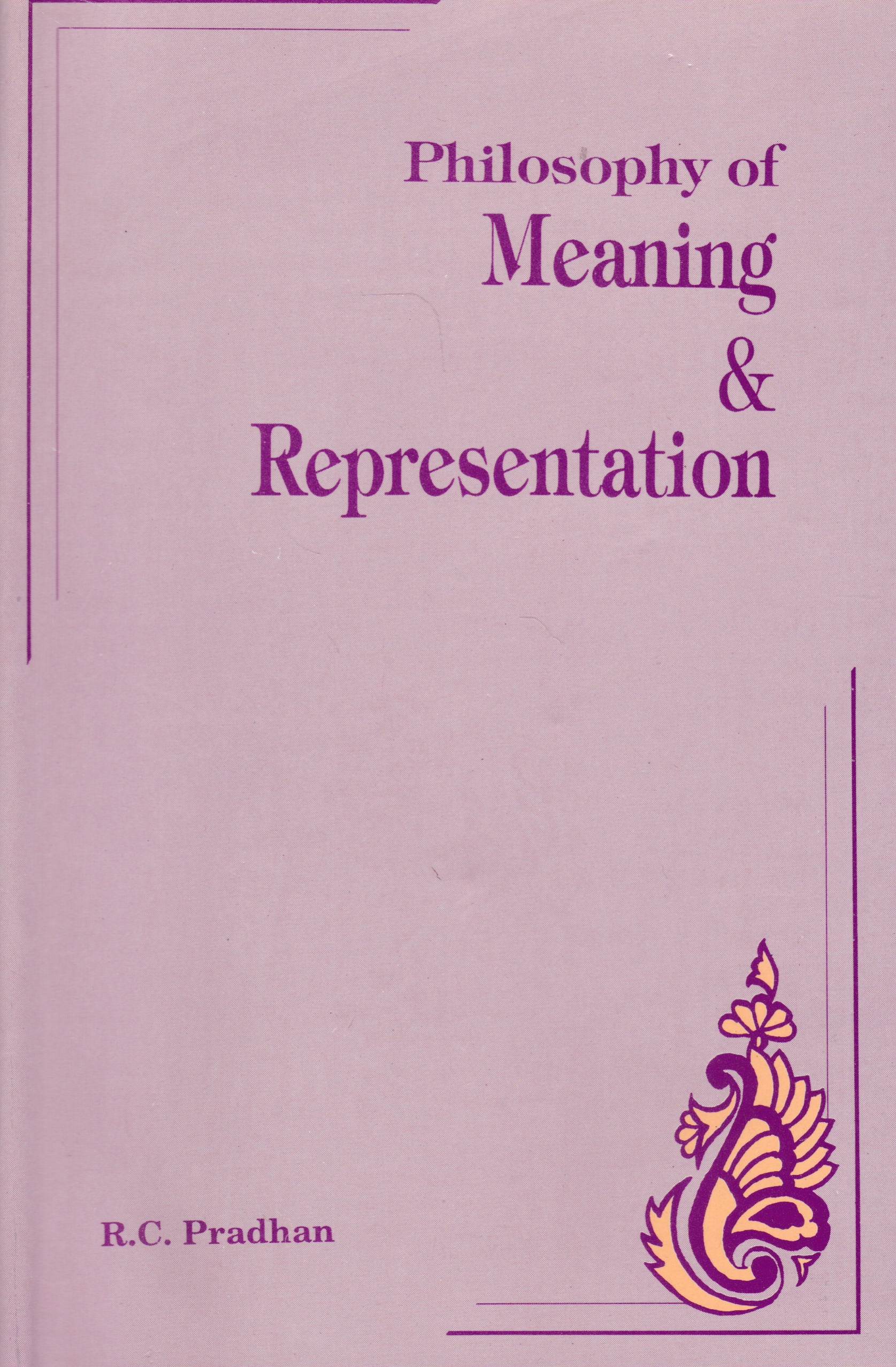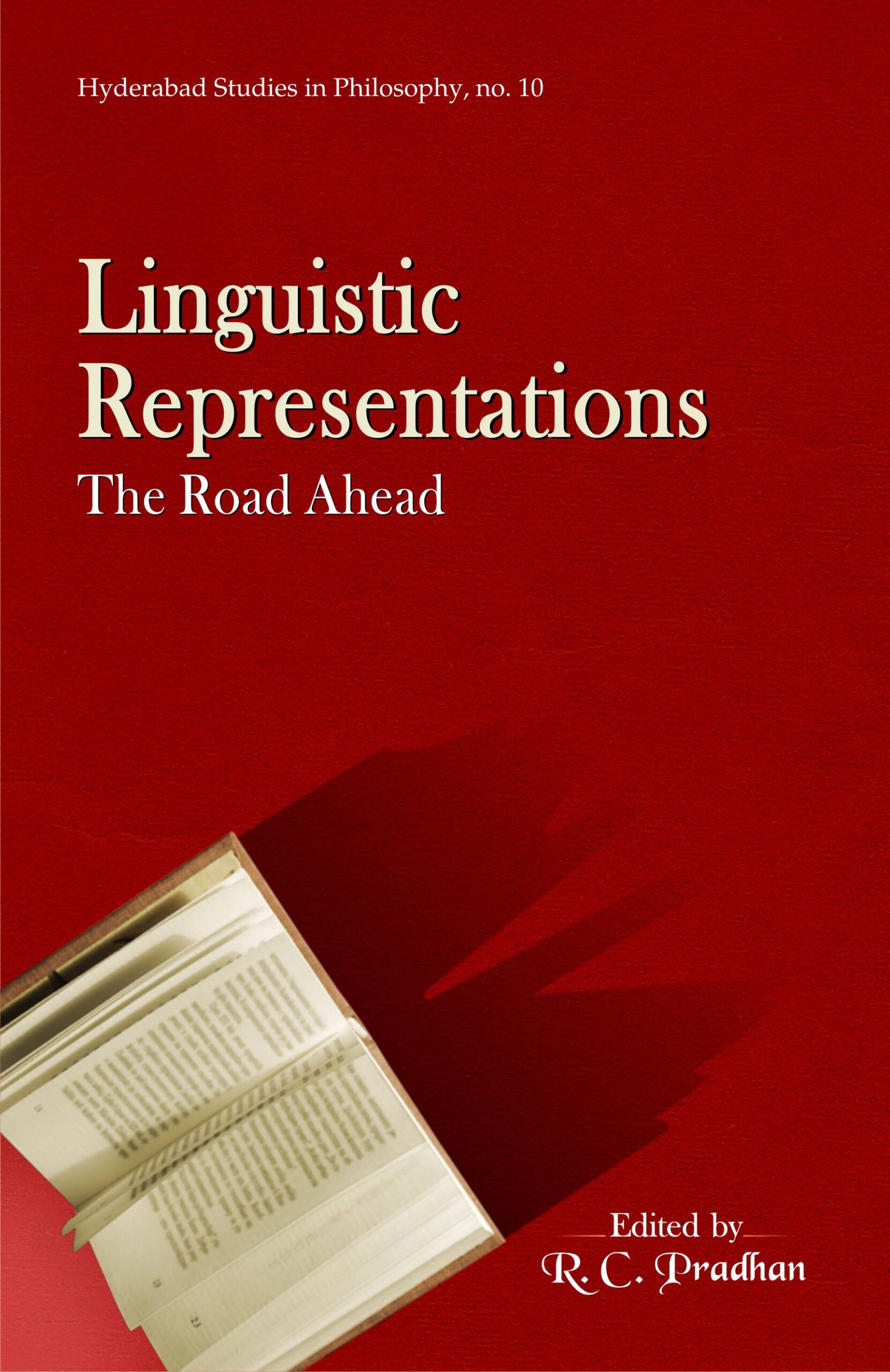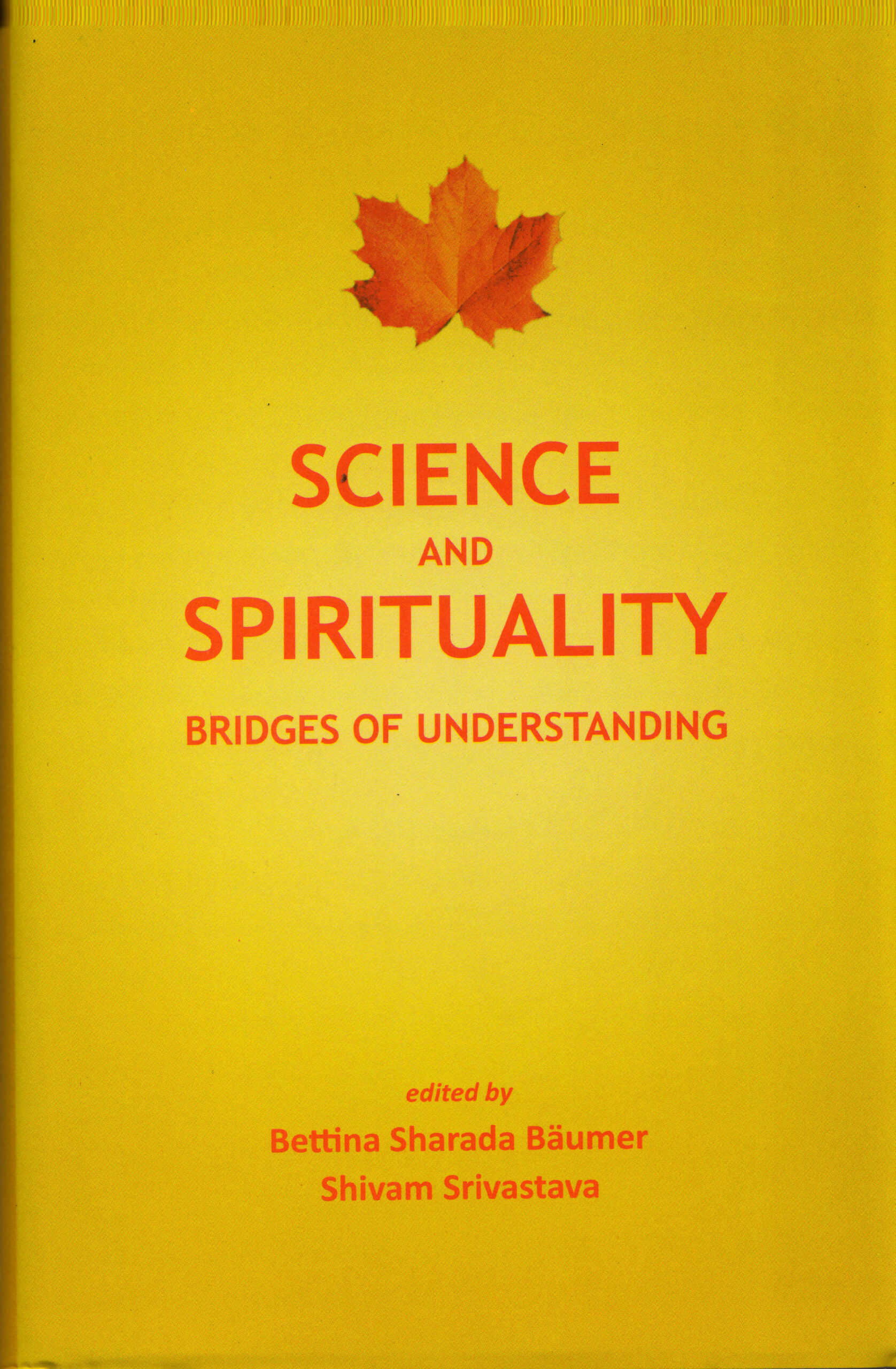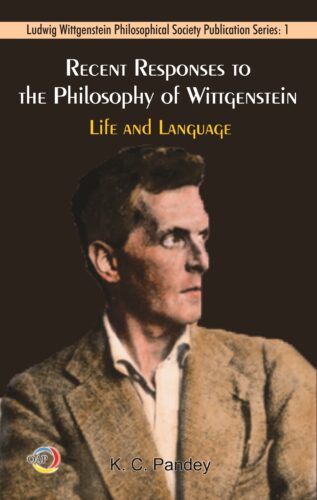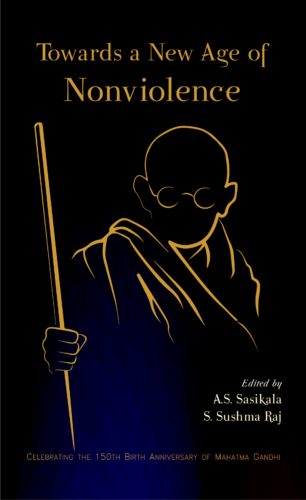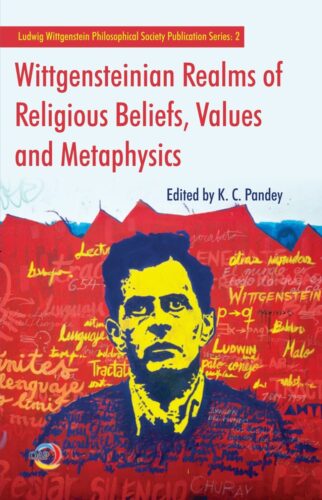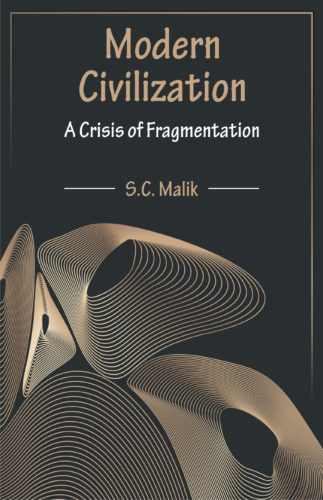

Philosophy of Meanin...
Philosophy of Meaning and Representation
by: Ramesh Chandra PradhanThe book focuses on meaning and linguistic representations, and links them to propose a representational theory of meaning. It shows that meaning as truth-conditions and as justification-conditions are equally rooted in the semantic space of language-use.
Original price was: ₹225.00.₹203.00Current price is: ₹203.00.
ISBN: 9788124600696
Year Of Publication: 1996
Edition: 1st
Pages : xv, 203
Bibliographic Details : Bibliography; Index
Language : English
Binding : Hardcover
Publisher: D.K. Printworld Pvt. Ltd.
Size: 23 cm.
Weight: 400
Surveying all the landmark developments in the recent philosophy of language, the book focusses on meaning and linguistic representations in its thematic effort to propose a representational theory of meaning. Meaning is the autonomous component of language: its semantic content and its essence as well. The book, thus, tries to link meaning with linguistic representations which, in themselves, not only are logico-grammatical structures, but also represent the world around us. Also attempting to reconcile the conflicting claims of the realists and the anti-realists, the author demonstrates how we have no choice between meaning as truth-conditions and meaning as justification-conditions, since both are equally rooted in the semantic space of language-use involving linguistic representations. Dr. Pradhans analyses have, at their base, his indepth, critical study of the theory of linguistic representation in Frege, Wittgenstein, Davidson, and Dummett. In sum, the book lends a forceful support to semantics and, more specially, to the autonomy of meaning. And the theory of representation, argued for here, promises to fulfil the twin theses of representationality and autonomy of meaning. It is an insightfully analytical work of immense usefulness to the scholars of philosophy concerned with linguistic representation, semantics and meaning.
Preface
1. Foundations of a Theory of Meaning
Semantics of Representations
Languages as a Universal Medium
Universal Language and Universal Grammar
Meaning and Reality
Meaning and Truth
Meaning and Representations
2. The Structure of Representations I
Frege on Logic and Language
Sense and Reference
Truth and Representations
Sense, Logic and the World
Wittgenstein and Transcendental Logic
The Picture Theory
Sense and the World-Order
Semantic Holism
Logic or Representations
3. The Structure of Representations II
Truth and the Rationality of the Semantic Discourse
Axioms of Truth and Meaning
Truth, Reality and Representations
Interpretation, Belief and Meaning
Semantic Holism and the Constraints of Empiricism
Dummett and the Semantics of Assertions
Truth, Meaning and Representations
Dummett Against Holism
4. Truth, Reference and the World-Order
Truth-Based Semantics
Sense and the World
Scrutability of Reference
Balancing Holism
Truth and Being
Being as World-Order
Symbolic Forms and the Representations of the World
5. The Ways of Meaning: Realism and Anti-Realism
Truth and Meaning
Truth and Meaning as Disclosures
Language, Fields and Meanings
Truth-Conditions and the Field of Language
Anti-Realism and the Fate of Truth-Conditions
From Anti-Realism to Internal Realism
The Unified Theory
6. Semantics Denaturalized
Semantic Naturalism
The Facts of the Matter
Semantics Needs Foundations
Against Naturalism
Now-Naturalism and Semantic Facts
Autonomy of Meaning and Semantic Theory
Bibliography
Index



